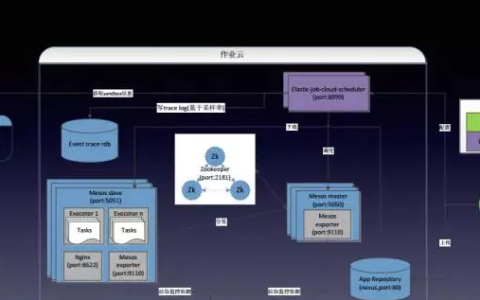Introduction
"Unfortunately" is a commonly used adverb in the English language, typically used in contexts to indicate disappointment, regret, or bad news. However, it is important to understand its usage and implications in order to convey the intended message effectively.
Usage in Writing
In writing, "unfortunately" can be used to introduce negative situations or events that are to follow. For example, "Unfortunately, the company has decided to lay off a significant number of employees." This usage sets the tone for the rest of the article or message and prepares the reader for bad news or disappointment.
However, it is important to use "unfortunately" in moderation and avoid overusing it. Overuse of this word can make the text appear negative and defeat the purpose of conveying the message effectively. It is important to choose other words or phrases that carry a similar meaning in order to maintain a balance in the text.
Implications in Speech
In speech, the tone and context of the conversation play a significant role in the implications of "unfortunately." It is important to use the word in a sympathetic and understanding manner, to show that the speaker is aware of the negative situation and empathizes with the listener.
However, if "unfortunately" is not used appropriately or in a sympathetic manner, it can come across as dismissive or insensitive, and further aggravate the negative situation or emotion of the listener.
Conclusion
In conclusion, "unfortunately" is a powerful word that carries significant implications in both writing and speech. It is important to use it in moderation and in an appropriate manner, to avoid negative implications and effectively convey the intended message.
版权声明:本文来自用户投稿,不代表【新糯网】立场,本平台所发表的文章、图片属于原权利人所有,因客观原因,或会存在不当使用的情况,非恶意侵犯原权利人相关权益,敬请相关权利人谅解并与我们联系(邮箱:435320734@qq.com)我们将及时处理,共同维护良好的网络创作环境。


